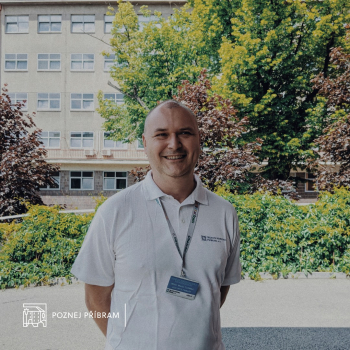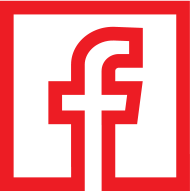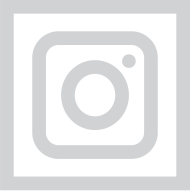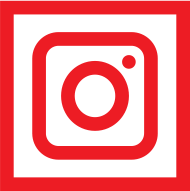Martin Cermak
The anaesthesiology and resuscitation ward is not a place one would look twice.
We are all the more surprised when we come across a smiling and very positive doctor. "I guess it's some kind of defence, otherwise we'd go crazy here," he laughs. Martin Čermák has been working at Příbram Hospital since 2011 - and this is the story that brought him here.
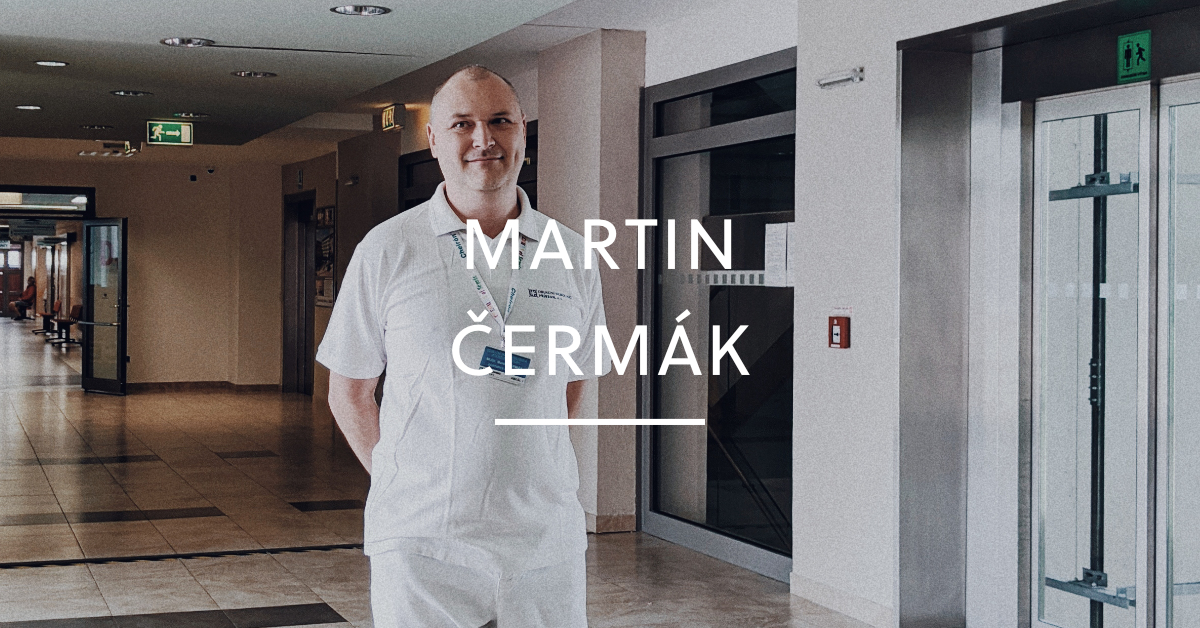
|
The beginnings were difficult. When you come out of school as a doctor, you have a diploma and a lot of theoretical knowledge, but you don't really know how to treat people. You only become a doctor when you learn how to put things together. And that's what you learn your whole professional life. Then a vacancy opened up in the A&E, and that's how I got into intensive care. I worked under Petřín for thirteen years, then I moved to Příbram and I've been here since 2011. Intensive medicine is the closest to my heart because I see the meaning in it. When you take care of a patient with a fifty-fifty chance of survival and the treatment works, the feeling is indescribable. There is a downside, of course, a lot of people die in intensive care because the conditions are often intractable and even with our treatment we can't work miracles. Then comes the difficult decision of who else to treat and who we are actually harming and only prolonging their suffering. |

|
One has to be pretty emotionless. We are under pressure every day to make decisions about people's lives, and those decisions have to be the right ones, not only professionally but also ethically. We have to get away from that, but it's not always possible. It happens that my colleagues call me at home and need advice on something, and you still can't stop thinking about some things. I have to do something else to keep myself from going crazy - I have a family, children, I like music, I like watching movies, I like going out in nature. The kids are small, so I learn with them and play with them, and it's such a nice relaxation that you completely switch off. The coronavirus started to be addressed in our country when we saw the first news from Italy. At the beginning of March, a crisis staff was set up, the hospital closed for visitors, planned operations were postponed and nobody really knew what would follow. We reserved beds for "covid" patients, ordered additional breathing machines and started to find protective equipment. Although fewer were needed at the beginning, we never felt that we had nothing to protect ourselves with. |

|
We have several scenarios in place now, and we're still able to take care of any potential patients even if a second wave were to come. I just think it's going to be with less hysteria. But at the beginning, nobody really knew what was going to happen. Even I myself was afraid of getting infected or infecting someone. There's a lot of other things going on in your head, and you're suddenly afraid of things you wouldn't otherwise be. We just expected it to be worse. I was surprised, for example, by the wave of solidarity from people. For example, we were dealing with how to communicate with the nurse who is locked inside the infection box. We thought that baby monitors would help - and one link on Facebook meant that we got about five of them. People also sent us coffee and snacks. So the Chief Medical Officer and I agreed that it wasn't so necessary to have any additional benefits, and we gave up the "covid" extras. We thought that was fine - and maybe the hospital will use them differently. ■ Text: Václav Bešt'ák, photo: Karolina Ketmanová
|
Other articles:

